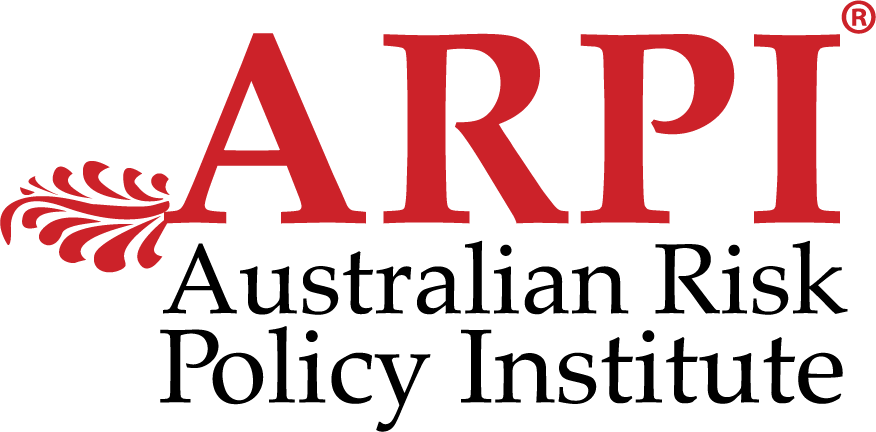The world is shaken by failures of critical infrastructure including energy, utilities, health, safety, transport, commerce, communications, medicines, fuels and more. Causal analysis identifies the lack of sufficient resilience alongside political attacks never before imagined.
The Renewable Resilient Planet (R2P) Conference at the Imperial College, London on 17-19 April 2023 brings together resilience leaders and professionals to lead into a pursuit of rapid enhancement of resilience to limit and minimalize future disruption. The Conference leads into the global-scale Human Continuity Project™. Please visit: www.eiscouncil.org/london
ARPI is a proud partner of the R2P Conference organisers, The Electric Infrastructure Security Council, and is a Founding Partner of The Human Continuity Project™.
ARPI’s Vice-President, Competition and Consumer Policy, Allan Asher, will speak at the Conference.
Allan Asher will announce on behalf of ARPI that:
Leadership paradigm change is urgently needed across government, industry, academia and professional sectors to re-approach and re-think resilience and responsiveness;
Traditional risk management processes have failed and will continue to fail – think 9/11, Global Financial Crisis, supply chains, cyber, covid – thus ‘every national risk management plan has been an illusion’
The key to enhancing resilience starts with understanding ‘What is resilience’ and ‘What is the Mindset’ that requires change for resilience to be effective in today’s transformative and disruptive world, where infrastructure is presently subject to rapid deterioration and without warning?
ARPI announces a contemporary definition of resilience based on Strategic Risk Policy® as follows: ‘Resilience today means adequate ‘Protection against foreseeable Vulnerabilities’ – where Vulnerabilities include Exposures, Assumptions and Dependencies;
Current research reveals that some Governments and members of industry do not have a definition hence understanding of resilience, making ‘protection against’ almost impossible;
Vulnerabilities constitute ‘potentiality or possibility’ of strategic risks - and are identified earlier - and only in total, through leadership paradigm change from organisation-centric to network-centric thinking. Because today, ‘information resides in networks.’
Resilience Principle One: ‘Risk today is based in Vulnerability and concerned with Consequences.’
Resilience Principle Two: ‘It’s not the cost of resilience today but the avoided cost of failure.’

